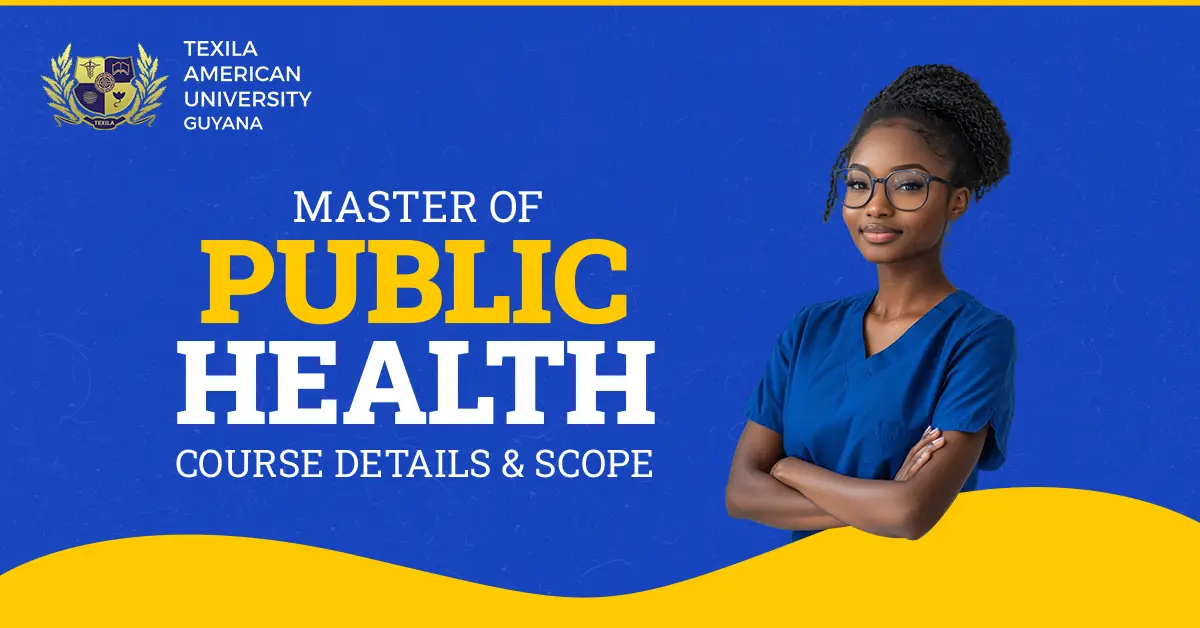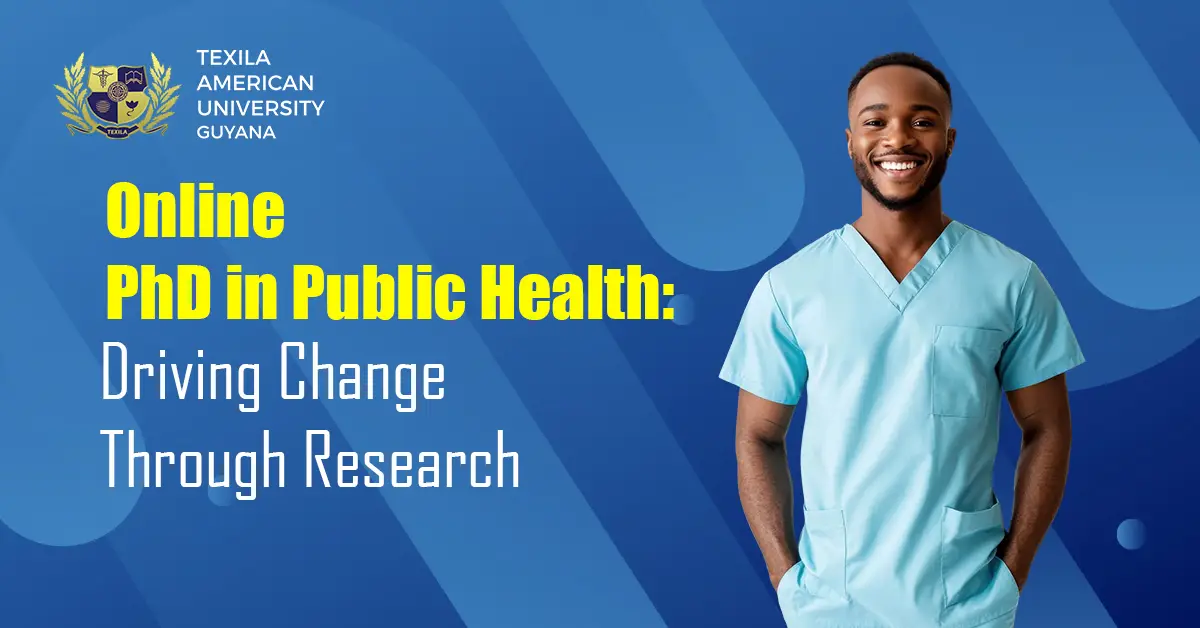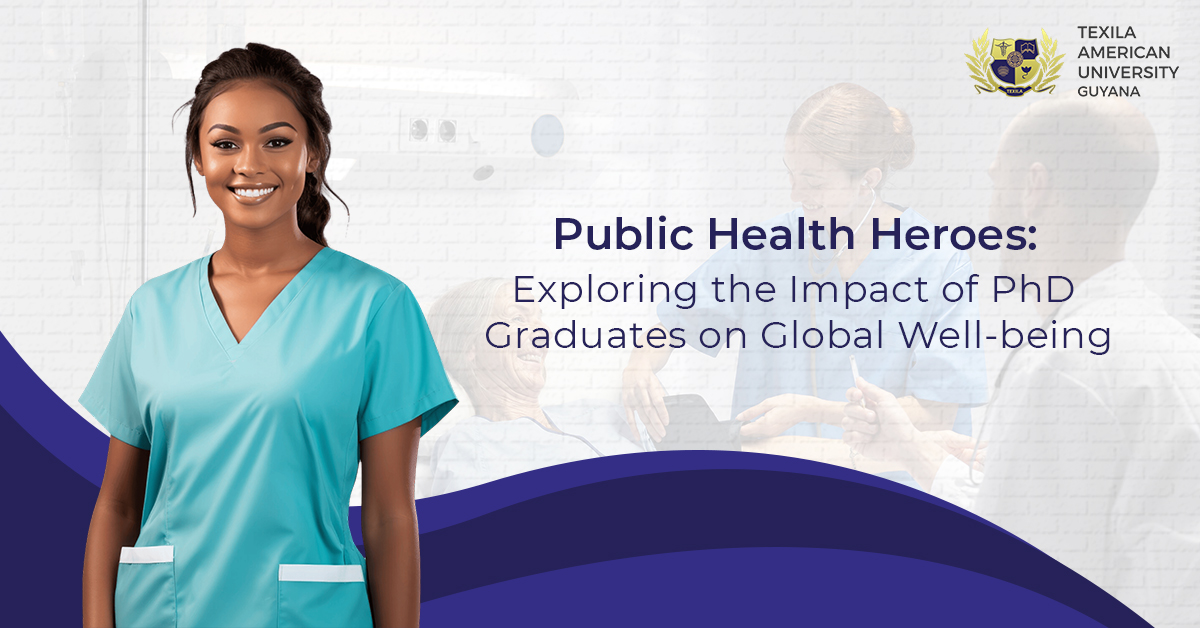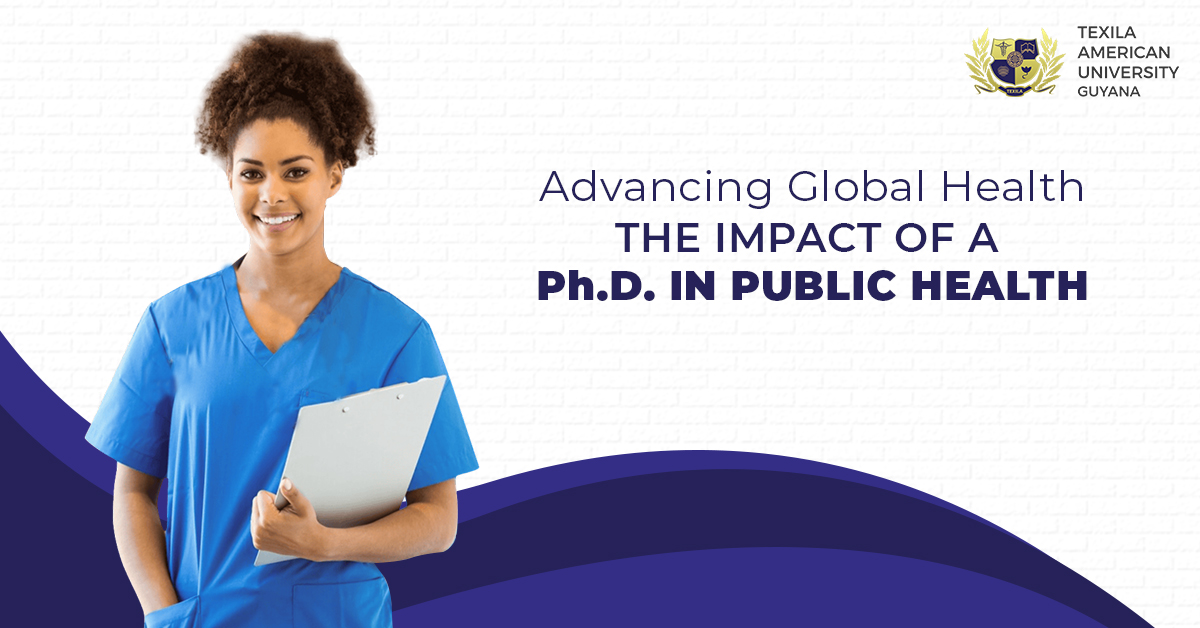The Master of Public Health course is a transformative program that empowers professionals to become leaders in healthcare reform and disease prevention. The MPH program addresses growing regional and global health challenges, particularly relevant in African nations such as Ghana, Nigeria, Cameroon, Uganda, Tanzania, and Kenya.
- Introduction
- Online Master of Public Health Program Structure
- Core Subjects in the MPH Program
- Electives and Specializations
- Practical Components: Internship & Capstone
- Career Opportunities After an MPH
- Relevance of MPH in African Countries
- Admission Requirements and Process
- Future Pathways: Doctorate and Research
- Conclusion
Introduction
The Master of Public Health course is an interdisciplinary program that equips students with critical analytical skills, policy-making acumen, and a deep understanding of public health issues. As global health threats continue to emerge, from infectious diseases like COVID-19 to chronic conditions such as diabetes and hypertension, public health professionals are more critical than ever.
For students in countries such as Ghana (GH), Nigeria (NG), Cameroon (CM), Uganda (UG), Tanzania (TZ), and Kenya (KE), the MPH is more than just a degree; it is a platform to lead health improvements in their communities and beyond. With its holistic approach, the MPH blends epidemiology, policy, management, and hands-on experience into one robust curriculum.
Online Master of Public Health Program Structure
The online master of public health course is typically structured over two years for full-time students and may extend to three or more years for part-time learners. It is often divided into three key components:
- 1. Foundation and Core Modules: These include compulsory subjects that lay the groundwork for understanding the public health domain.
- 2. Electives and Specializations : Students choose their focus areas based on career goals and regional health priorities.
- 3. Research and Field Practice : Students complete an internship and a capstone project to apply their knowledge in real-world settings.
Most universities in Africa and abroad offer the MPH in formats such as:
- On-Campus Programs: Ideal for hands-on training and networking.
- Online/Blended Learning Programs: Best suited for working professionals and those in remote areas.
Core Subjects in the MPH Program
- Epidemiology: Understand disease patterns and transmission within populations to design effective control strategies.
- Biostatistics : Learn statistical tools and methods to analyze health-related data and support evidence-based decision-making.
- Health Policy and Management : Gain insights into how healthcare systems function and how policies can influence health outcomes.
- Environmental and Occupational Health : Study the impact of environmental factors like air pollution, sanitation, and occupational hazards on community health.
- Social and Behavioural Sciences : Explore how social, cultural, and behavioural factors affect public health initiatives and outcomes.
Electives and Specializations
To tailor their education to regional and professional needs, students can choose from a variety of electives in the Master of Public Health degree, such as:
- Global Health
- Public Health Nutrition
- Maternal and Child Health
- Health Economics
- Infectious Disease Control
- Non-Communicable Diseases (NCDS) Management
Electives like infectious disease control, maternal health, and health systems strengthening are particularly relevant in African regions due to ongoing challenges in these areas.
Practical Components: Internship & Capstone
- Internship: An internship is an essential part of the MPH course. It offers field experience in government hospitals, NGOS, or international health organizations. This hands-on training improves practical skills, networking, and job readiness.
- Capstone Project or Thesis : The capstone requires students to investigate public health issues such as malaria prevention, immunization coverage, or water sanitation and provide actionable recommendations based on their findings.
Career Opportunities After an MPH
After an MPH course opens up a wide array of career paths:
- Government Health Departments : Work as policy analysts, epidemiologists, or program managers in ministries of health.
- International Organizations : Join the World Health Organisation (WHO), UNICEF, or the Global Fund in health policy, program coordination, or data analysis roles.
- Non-Governmental Organizations (NGOs) : Lead community-based health interventions, reproductive health initiatives, and public awareness campaigns.
- Hospitals and Clinics : Manage quality control, infection control, and health program evaluation in healthcare settings.
- Academic and Research Institutions : Pursue teaching or contribute to groundbreaking research that influences national health policies.
Relevance of MPH in African Countries
Public health challenges in African countries are diverse and evolving:
- Ghana & Nigeria: Face dual burdens of infectious diseases (e.g., malaria, TB) and non-communicable diseases (e.g., diabetes, hypertension).
- Uganda & Kenya: Require stronger maternal health programs and HIV/AIDS control mechanisms.
- Cameroon & Tanzania: We need capacity-building for environmental health and health policy reforms.
The Master of Public Health course is uniquely suited to addressing these regional issues by creating home-grown experts who understand local contexts.
- Example: In Uganda, MPH graduates have been instrumental in driving community health education in rural areas, thereby reducing maternal mortality rates. In Nigeria, MPH holders are leading malaria control campaigns funded by international donors.
Admission Requirements and Process
Basic Academic Requirements
Bachelor’s degree in a relevant field (health sciences, social sciences, biological sciences). Some programs require work experience in health or related sectors.
Application Checklist
- Completed online application form.
- Academic transcripts and certificates.
- Statement of Purpose (SOP).
- Two to three recommendation letters.
- English language proficiency (IELTS/TOEFL) for international programs.
Financial Aid & Scholarships
Several institutions offer merit-based or need-based scholarships. External funding options from the WHO, DAAD, Commonwealth, and local ministries are also available.
Future Pathways: Doctorate and Research
Graduates of the Master of Public Health course often pursue advanced studies such as:
- Doctor of Public Health (Drph): For those aspiring to take on leadership roles in health policy and systems.
- PhD in Public Health or Management: Ideal for academic and research careers.
Interested in further studies? Learn more on our PhD in Management
The MPH also serves as a stepping stone to global roles, allowing graduates to collaborate with international research bodies and health think tanks.
Conclusion
The Master of Public Health course is more than just an academic journey—it’s a commitment to improving health systems and saving lives. For students and professionals in Ghana, Nigeria, Cameroon, Uganda, Tanzania, and Kenya, the MPH program provides the tools to address regional and global health issues with precision and passion.
Whether you’re eyeing a role in policy-making, health education, or international health governance, the MPH gives you the credibility, competence, and connections to thrive.
What are the job prospects after completing an MPH?
The career opportunities are vast—government, NGOS, hospitals, international organizations, and academia. The Master of Public Health course prepares you for leadership roles in both local and global health sectors.
Is financial aid available for MPH students?
Many universities offer scholarships based on academic performance, need, or professional background. External scholarships are also available from the WHO, Commonwealth, and African Union programs.
How does an MPH differ from other management degrees?
Unlike an MBA or general management degree, the Master of Public Health course focuses on health systems, disease prevention, and policy planning rather than organizational finance or marketing. For management-focused programs, see our Management Degree Programs section.
Can I pursue an MPH if my background is not in health?
Yes! While having a background in biology, medicine, or health sciences is beneficial, many programs accept students from social sciences, statistics, and even business, provided they demonstrate a strong interest in public health.
Are online MPH programs respected?
Absolutely. Texila American University offers online MPH programs that follow the same curriculum as on-campus courses and are recognised by global health employers.












